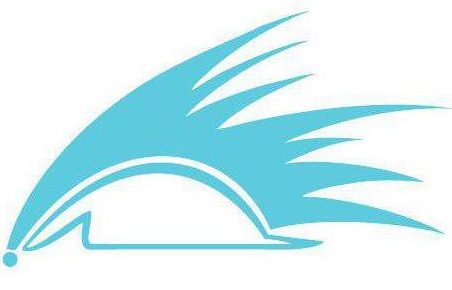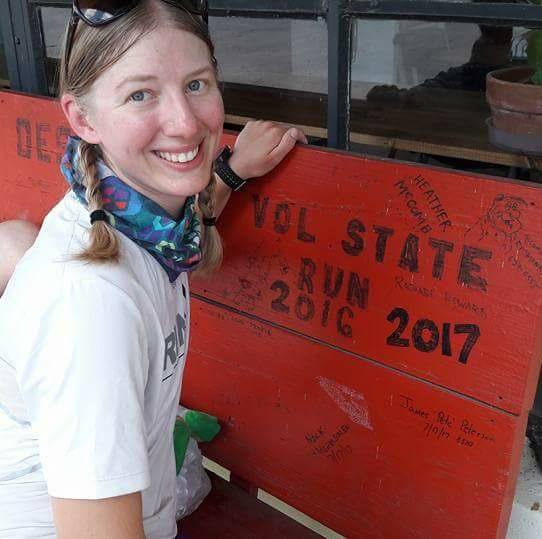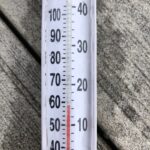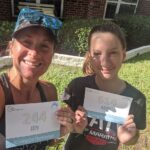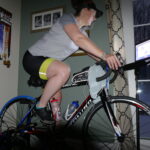It started with a cough. At least, that was what I was thought would be the first symptom of COVID-19. By June 1st, 2020, there were over 6 million cases worldwide and approximately 376,000 deaths attributed to the disease. I, however, barely saw the effects as I was safely ensconced in my work/home bubble in Karachi, Pakistan. Instead, I was focusing on the future. I had just finished the Race Across the USA with my running club and was in the midst of the Great Virtual Race Across Tennessee – a 1000 km race put on by the legendary Lazarus Lake. I was also busy preparing for my first semester at the University of Pennsylvania, where I had recently been accepted into their graduate computer science program. I was strong, I was young, and I was going to be safe by practicing social distancing and wearing a mask. I did not relish the thought of spending the summer essentially locked on a compound, but I had made peace with it.
It actually started with dizziness. I woke up one morning shortly before my 36th birthday and felt like you do after a long swim – light-headed and unsteady on my feet. Since I had been running/walking 10-15 miles a day in 100+ degree weather, I naturally assumed it was dehydration. I drank some electrolytes and headed into work for the mandatory COVID test that was being given that day for all faculty members and office workers. Myself, my husband, and 12 of my coworkers tested positive.
I spent the next 3 days in a haze. My temperature never exceeded 100 degrees and the cough that I was told was the defining symptom of the virus never developed. Instead, I had what my doctor later told me was a transient ischemic attack – what is commonly referred to as a ministroke. I was watching TV when I suddenly found myself unable to focus on the screen. I tried to call for my husband, but couldn’t seem to make my mouth make the correct sounds. I was terrified. The episode lasted for only a few minutes, but it felt like ages. In the weeks that followed, I had several episodes of visual disturbances and outright auditory hallucinations. Although I tested negative for the virus less than 2 weeks after I first tested positive, the symptoms lingered. Even months later I would find myself lying in bed listening to my husband asking me questions from the hallway, as he slept soundly next to me.
My heart rate was another issue, and one that I did not notice immediately. Like most athletes, I was used to a resting heart rate between 45-55 beats per minute. My RHR was now over 100. Even now, as I write this nearly 9 months post-COVID, it remains in the 70s. More than that, I have continued to experience a range of other symptoms: brain fog, lack of energy, inability to concentrate, and a persistently high heart rate. I am no longer the person I was before the disease. I am a now COVID long hauler – a condition that medical professionals are still struggling to understand.
I am still trying to navigate this “new me” and have been working with Coach Jen to regain my fitness. I have shared stories with dozens of other ultra runners and triathletes who have had similar experiences. Some were fine within weeks and some are, like me, still struggling. What I can say is that for every day that passes and for every mile I run (or walk, or cycle), I feel just a bit better. Perhaps I will one day be back to the person I was before COVID. Perhaps not. In the meantime, I will continue to do my best to regain my strength and thank God that I am, all things considered, one of the lucky ones.
